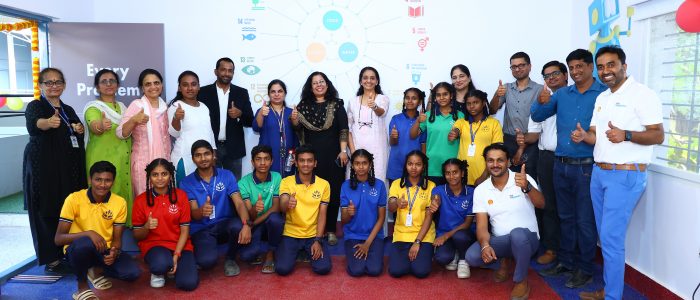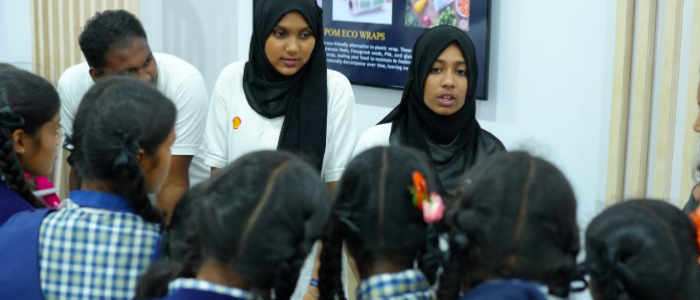According to a recent EngineeringUK report, despite an uptick in female participation in STEM careers globally, a significant gender gap persists in representation. Specifically, in engineering and technology fields, women make up only 16.5% of the workforce 1. Evidence shows that this disparity starts early – while 62.5% of boys aged 11 to 18 report an interest in taking up a career in engineering, only 38.5% of girls say the same 2. The report underscores the ongoing necessity to cultivate girls' interest in STEM professions from an early age. However, it poses the question: what strategies effectively address this disparity?
EngineeringUK sought to answer that question with its publication of a rapid evidence review in June 2023 3. This review looked at evidence from around the world on various interventions that aim to increase girls’ aspirations for careers in engineering and technology. In doing so, they were able to draw out some themes and approaches that made particular interventions effective.
The full review - comprising of 40 research papers from across 10 countries including the USA, Australia, Japan, Turkey and the UK – examined interventions spanning several different STEM disciplines and multiple delivery methods. The most common setting for these interventions was the classroom, but interventions delivered through summer camps, external STEM clubs and workshops, or competitions were also among those reviewed.
The learnings from the review were widespread and varied, but offered some great tips for anyone hoping to design an intervention to encourage girls into STEM:
1 Trends in the engineering workforce. EngineeringUK (2023)
2 Engineering Brand Monitor. EngineeringUK (2022)
3 Rapid evidence review: Interventions to increase girls’ aspirations for engineering and technology careers. Engineering UK (2023)



